
By Agyekum GYIMAH
This opinion piece was inspired by my Facebook post addressing the controversy: “Most of y’all are in your feelings cuz Amaarae said ‘Sad girlz luv money’ is the biggest Ghanaian song ever in the history of Ghanaian songs.
Bruh! The figures are literally available – over 100M views on YouTube, over 5M Shazams, almost 500M streams on Spotify, over 1.1 billion streams across platforms. Please name a Ghanaian SONG with these numbers.
I will wait! Celebrate what GHANAIAN, Amaarae has done on the Coachella stage, showcasing  and stop majoring in minors. Ghana to the WORLD!!!”
and stop majoring in minors. Ghana to the WORLD!!!”
The irony couldn’t be more striking. Just months ago, our own Ghana Music Awards couldn’t provide basic technical requirements for Amaarae and her team, who had literally rescheduled a Barcelona performance and flown directly to Ghana to represent our music.
The result? She pulled out, citing unprofessionalism and disrespect from the production team after a three-hour rehearsal delay left her with no preparation time.
Yet here we are, watching the same artist command one of the world’s most prestigious stages at Coachella, making history as the first Ghanaian to perform there. Instead of unified celebration, what are we doing? Arguing over whether her hit single deserves the title of “biggest Ghanaian song ever”.
When discussing artistic impact, we often shy away from cold, hard data in favour of more subjective measures. However, in this case, the metrics offer powerful context for understanding Amaarae’s global footprint.
When an artist’s work reaches over a billion streams globally, that’s not just success—it’s cultural penetration on a scale no Ghanaian song has achieved before.
The streaming figures—over 100 million YouTube views, 5 million Shazams, nearly 500 million Spotify streams, and more than 1.1 billion streams across all platforms—represent real listeners from around the world connecting with music created by a Ghanaian artist.
While we can debate artistic merit, stylistic preferences and cultural impact all day long, these numbers tell a story of unprecedented global reach.
This raises an important question: What exactly are we protecting by challenging her claim? Does acknowledging this statistical reality somehow diminish other Ghanaian artists’ achievements? Or does it perhaps threaten our preconceived notions about what Ghanaian music should sound like to achieve international success?
Moving beyond streaming statistics, what makes Amaarae’s Coachella triumph even more significant was her deliberate choice to spotlight other Ghanaian talents during her set.
By performing songs from La Même Gang, Asakaa Boys and Eazzy, she demonstrated that her success is not hers alone, but also Ghana’s success too.
She used her hard-earned platform to showcase the diversity of Ghanaian music to thousands of in-person spectators and millions watching globally.
This gesture reveals something crucial about Amaarae’s character and vision: despite achieving international fame, she remains committed to elevating Ghanaian music as a whole.
Meanwhile, the same industry that couldn’t accommodate her technical needs at home is now embroiled in debate over her statement rather than leveraging this historic moment for collective benefit.
The contrast between Amaarae’s treatment at TGMA and her success at Coachella highlights a professional gap we need to address honestly if Ghanaian music is to reach its full potential on the global stage. This points to systemic issues that affect the entire industry.
As she wrote in her statement, “For three years now, I have tried so hard to perform at the Ghana Music Awards”. The determination was there.
The willingness to represent Ghana was there. But the professional infrastructure and support system were not.
When local organisations fail to meet international standards of professionalism, we lose opportunities to showcase our best talents at home—then wonder why they find more success and appreciation abroad.
This professional gap manifests in multiple ways: technical capabilities, respect for artists’ requirements, punctuality, communication and overall production values.
Addressing these issues requires both investment and a change in mindset about how we value our creative talents.
The controversy surrounding Amaarae’s statement speaks to a deeper issue in how we conceptualise Ghanaian music’s place in the world. Ghana’s music scene will never reach its full global potential if we remain stuck in provincial thinking that prioritises local acclaim over international impact.
Whether you personally enjoy Amaarae’s musical style or not is irrelevant to the bigger picture—a Ghanaian artist is breaking barriers on the international stage, creating opportunities and visibility for others to follow.
Her declaration amid the controversy—”I love Ghana no matter what so whether you hate it or love it… I’m still gonna rep it!”—speaks volumes about her commitment to representing Ghana despite the challenges she’s faced locally.
This patriotism, coupled with global success, is precisely what can elevate Ghana’s cultural profile worldwide. Instead of wasting energy on semantic debates over “biggest” versus “most influential” or whatever other qualifiers we might want to apply, let’s channel our collective energy into more productive directions:
- Celebrate Amaarae’s historic achievement at Coachella as a win for Ghana
- Examine and improve the professional standards in our local music industry
- Support rather than tear down artists who achieve international recognition
- Leverage these moments for the collective promotion of Ghanaian music
- Study what made “Sad Girlz Luv Money” connect so widely across cultures
When the next Ghanaian artist breaks streaming records or lands on prestigious international stages, let’s be ready with open arms and genuine celebration—not nitpicking and qualification tests. We can acknowledge excellence while still honouring our rich musical heritage in all its forms.
At this pivotal moment for Ghanaian music, we face a choice: we can debate statistics and statements, or we can recognise the historic achievement of a Ghanaian artist claiming her place on one of the world’s most influential stages.
We can get lost in comparing subjective measures of “greatness” or we can unite in celebrating Ghana’s growing visibility in global culture.
Because at the end of the day, Ghana winning on the global stage should be celebrated by all Ghanaians, regardless of personal taste or preference.
That’s how industries grow, how doors open and how Ghana’s rich musical heritage gets the worldwide recognition it truly deserves. Ghana to the WORLD, indeed!
>>>the writer is Programmes Manager of YFM Takoradi (Y 97.9 FM). He is a music and urban lifestyle enthusiasts and can be reached via [email protected]
The post If you can’t handle the facts, stay quiet – Amaarae’s stats are undeniable appeared first on The Business & Financial Times.
Read Full Story


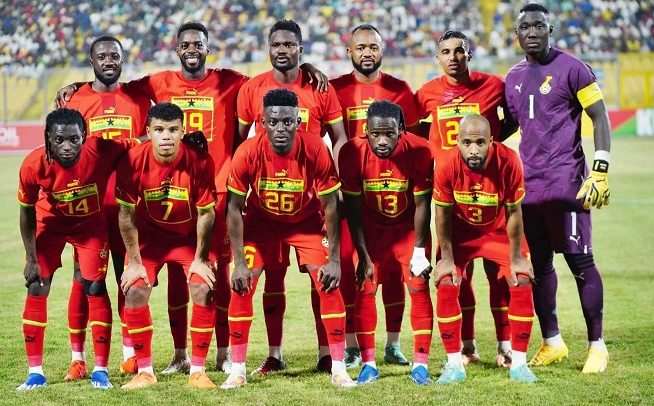




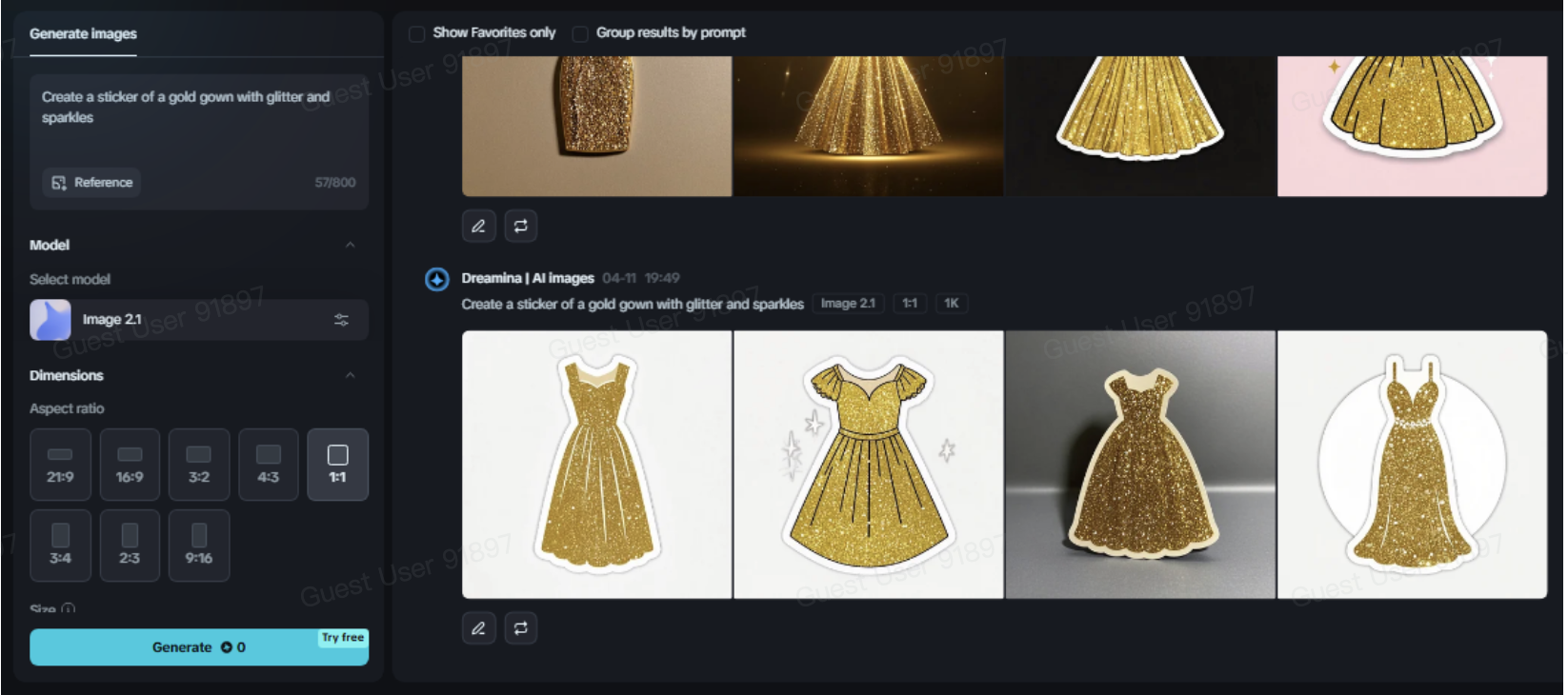

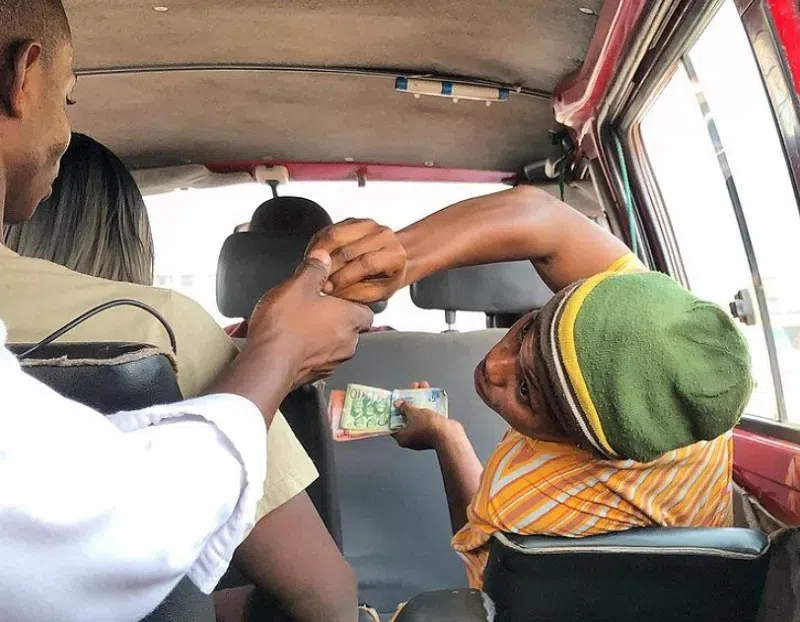
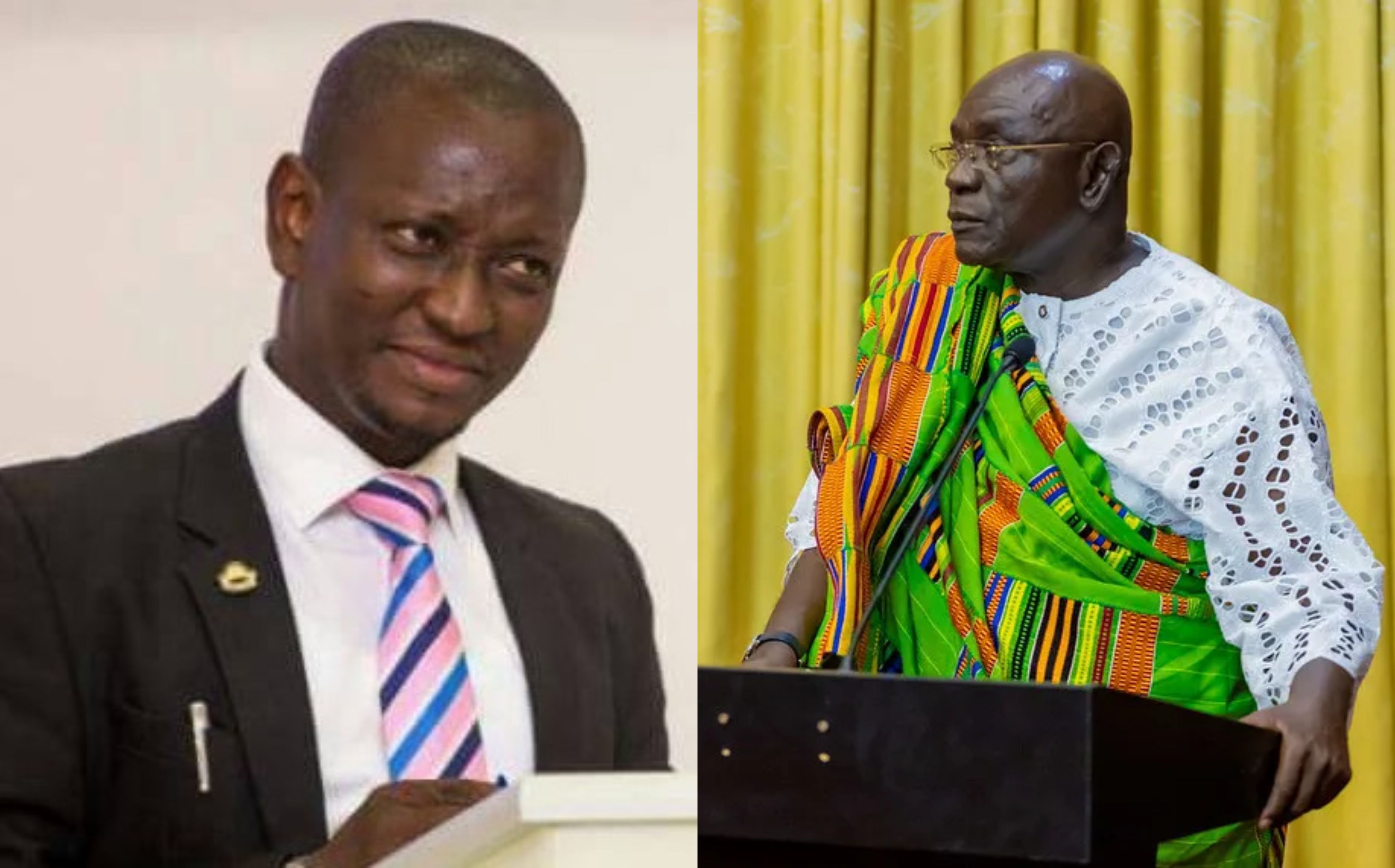
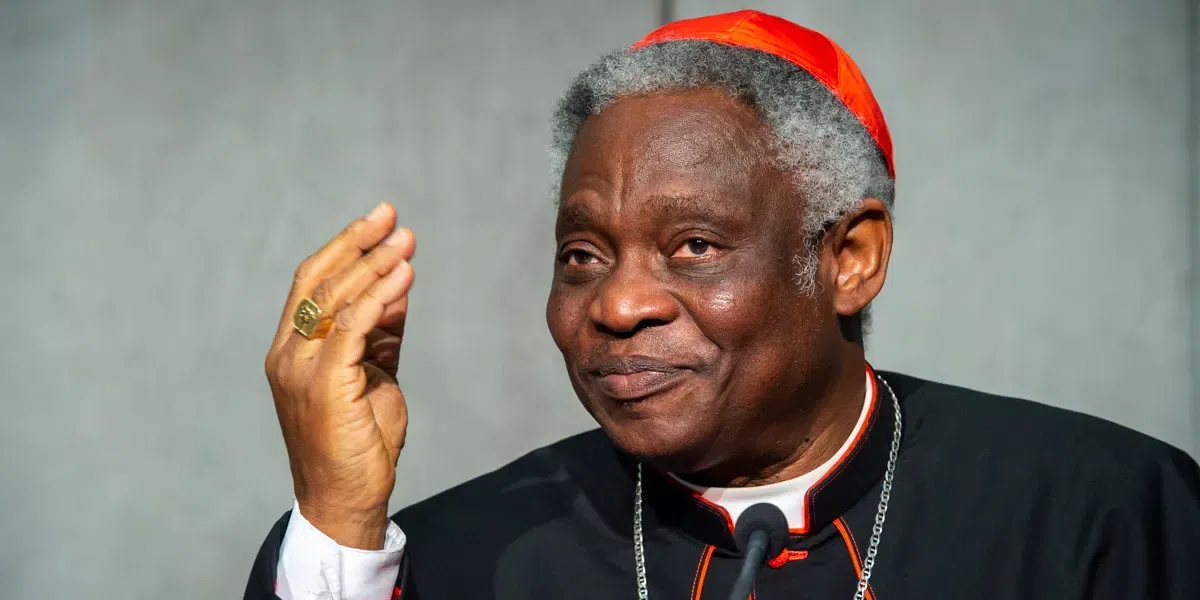

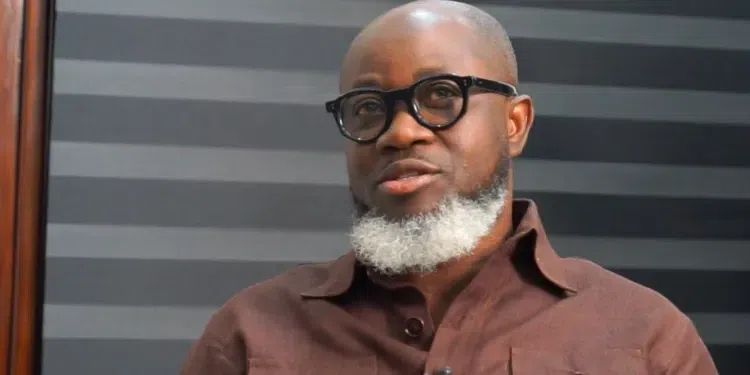

Facebook
Twitter
Pinterest
Instagram
Google+
YouTube
LinkedIn
RSS